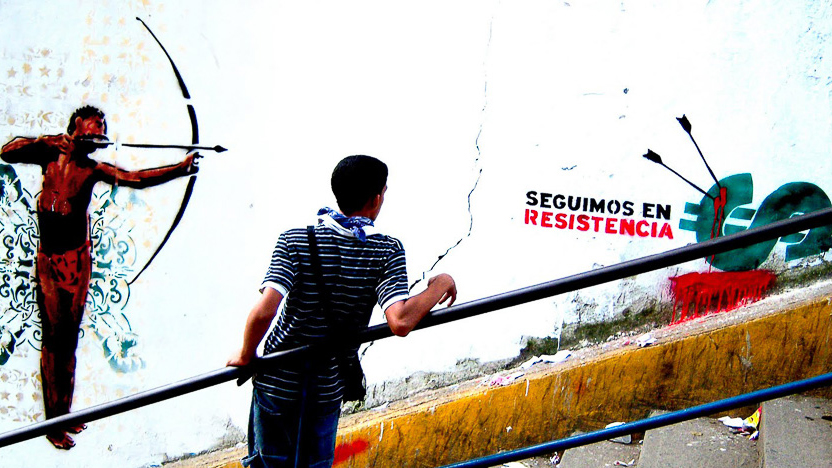More than 50 intellectuals from around the world have called on US Senator Bob Menendez to stop supporting sanctions against Cuba and Venezuela. In a letter published last Wednesday, economists, political scientists and historians from 10 countries highlighted the existence of several studies that show the humanitarian damage caused by US sanctions. They insisted that Menendez would be lying by saying that the measures do not affect the Cuban and Venezuelan populations.
“We respectfully ask that you stop spreading the false narrative that there is no association between economic sanctions and the economic and humanitarian crises in countries targeted by the sanctions,” the document says.
The letter is signed by the likes of former Argentine economy minister Martín Guzmán, South Korean economist Ha-Joon Chang, and University of Denver economics professor and Venezuelan opposition figure Francisco Rodríguez.
The initiative is another instance in a series of actions by non-government actors in Venezuela and Cuba to ease the blockade against these countries.
The controversy began in May, when a group of Democratic Party congressmen and senators sent a letter to President Joe Biden calling for an end to sanctions as a measure to stem the high flow of migrants into the US.
“Experts widely agree that broad-based US sanctions—expanded to an unprecedented level by former President Donald Trump—are a critical contributing factor in the current increase in migration,” read an excerpt from the letter published on May 10.
In response, Democratic Senator Bob Menendez, chairman of the Senate Foreign Relations Committee and a historic supporter of sanctions against Cuba and Venezuela, published a note a day later claiming that Cubans and Venezuelans were actually leaving their countries because they were fleeing dictatorships that violate and repress their rights.
In the document signed by the intellectuals released this week, they point out that the senator cites no “research or evidence supporting your central claim that US economic sanctions have not been a significant driver of migration from Cuba and Venezuela.”
“This is hardly surprising, as there is in fact no serious research supporting this claim. In contrast, as a recent report on the human consequences of sanctions has highlighted, dozens of peer-reviewed academic studies document the substantive negative—and often lethal—effects of economic sanctions on people’s living conditions in target countries,” the letter reads.
Cuba has been suffering from over six decades of the US-imposed blockade, which began to have a greater impact on the island’s economy in the 1990s, after the fall of the Soviet Union.
The first sanctions against Venezuela, meanwhile, were imposed in 2014 by then-President Barack Obama, but the measures that really stifled the Venezuelan economy came during Donald Trump’s administration, starting in 2017. The first financial sanctions placed huge obstacles for the country to make and receive payments abroad. Already in 2019, sanctions against the oil industry meant the blocking of the main sector of the economy, widening the country’s economic crisis.
This article was first published in Portuguese at Brasil de Fato.





